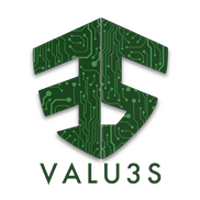 VALU3S
VALU3S
| 39 months (May 2020 to Jul 2023) https://valu3s.eu/ DOI: 10.54499/ECSEL/0016/2019 | |
| Summary: | Manufacturers of automated systems and the manufacturers of the components used in these systems have been allocating an enormous amount of time and effort in the past years developing and conducting research on automated systems. The effort spent has resulted in the availability of prototypes demonstrating new capabilities as well as the introduction of such systems to the market within different domains. Manufacturers of these systems need to make sure that the systems function in the intended way and according to specifications which is not a trivial task as system complexity rises dramatically the more integrated and interconnected these systems become with the addition of automated functionality and features to them. With rising complexity, unknown emerging properties of the system may come to the surface making it necessary to conduct thorough verification and validation (V&V) of these systems. Through the V&V of automated systems, the manufacturers of these systems are able to ensure safe, secure and reliable systems for society to use since failures in highly automated systems can be catastrophic. The high complexity of automated systems incurs an overhead on the V&V process making it time-consuming and costly. VALU3S aims to design, implement and evaluate state-of-the-art V&V methods and tools in order to reduce the time and cost needed to verify and validate automated systems with respect to safety, cybersecurity and privacy (SCP) requirements. This will ensure that European manufacturers of automated systems remain competitive and that they remain world leaders. To this end, a multi-domain framework is designed and evaluated with the aim to create a clear structure around the components and elements needed to conduct V&V process through identification and classification of evaluation methods, tools, environments and concepts that are needed to verify and validate automated systems with respect to SCP requirements. In VALU3S, 13 use cases with specific safety, security and privacy requirements will be studied in detail. Several state-of-the-art V&V methods will be investigated and further enhanced in addition to implementing new methods aiming for reducing the time and cost needed to conduct V&V of automated systems. The V&V methods investigated are then used to design improved process workflows for V&V of automated systems. Several tools will be implemented supporting the improved processes which are evaluated by qualification and quantification of safety, security and privacy as well as other evaluation criteria using demonstrators. VALU3S will also influence the development of safety, security and privacy standards through an active participation in related standardisation groups. VALU3S will provide guidelines to the testing community including engineers and researchers on how the V&V of automated systems could be improved considering the cost, time and effort of conducting the tests. VALU3S brings together a consortium with partners from 10 different countries, with a mix of industrial partners (26 partners) from automotive, agriculture, railway, healthcare, aerospace and industrial automation and robotics domains as well as leading research institutes (6 partners) and universities (10 partners) to reach the project goal. |
| Funding: | Global: 26.1MEUR, CISTER: 240KEUR |
| Sponsors: | 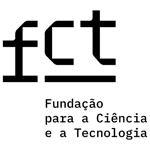 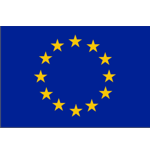  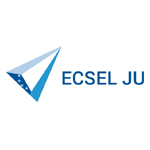 |
| Partners: | |
| Contact Person at CISTER: | David Pereira |
New VALU3S project tackles Verification & Validation on automated systems
 Verification & Validation (V&V) remains as a major challenge in the development of safety-critical systems. Current V&V technology is known to be time consuming, costly, and mostly focused on the functionality aspects of systems. However, with the raising complexity associated with systems becoming more automated, open, and connected, other key properties such as security and privacy must be taken into account in the V&V methods.
Verification & Validation (V&V) remains as a major challenge in the development of safety-critical systems. Current V&V technology is known to be time consuming, costly, and mostly focused on the functionality aspects of systems. However, with the raising complexity associated with systems becoming more automated, open, and connected, other key properties such as security and privacy must be taken into account in the V&V methods.
The goal of VALU3S project is to design, implement, and evaluate state-of-the-art methods and tools that reduce the time and cost needed to perform V&V on automated systems with respect to Safety and Security requirements. For that, the project will design and implement a multi-dimensional, multi-layered framework where test cases and scenarios arising from 13 use cases, from 6 different application domains, are evaluated by state-of-the-art methods and tools developed/improved in the project, while adhering to relevant standards.
CISTER/ISEP is a key partner in VALU3S, bringing know-how and experience in formal verification and artificial intelligence into several technical tasks and use cases, and is also the responsible for the leadership of the Dissemination, Communication and Exploitation work package, and leader of the General Dissemination task, both of which are key components of the project for ensuring that the results of the project reach the more relevant stakeholders (including industry working in automated systems, policy makers, and the general public).
More information in the VALU3S website, its Twitter, LinkedIn, and YouTube social accounts. If you want to be updated about progress in the project, please subscribe to the project’s newsletter.
This project has received funding from the ECSEL Joint Undertaking (JU) under grant agreement No 876852.
Guillermina Cledou, José Proença, Bernhard H.C. Sputh, Eric VerhulstScience of Computer Programming, Article No 102566, Elsevier. 1, Mar, 2021, Volume 203.In Press, Journal Pre-proof
Giann Nandi, David Pereira, José Proença, Eduardo Tovar, Aythami Salvador RodriguezOpen Research Europe (ORE). 14, Jul, 2023. Online, Albania.
Giann Nandi, David Pereira, José Proença, José Santos, Lourenço A. Rodrigues, André Lourenço, Eduardo TovarReal-Time Systems Symposium (RTSS). 5 to 8, Dec, 2022, Explainability of Real-Time Systems and their Analysis. Houston, U.S.A..
Guillermina Cledou, Luc Edixhoven, Sung Shik Jongmans, José Proença36th European Conference on Object-Oriented Programming (ECOOP 2022). 6 to 10, Jun, 2022, Session Types 1. Berlin, Germany.
José Proença, Sina Borrami, Jorge Sanchez de Nova, David Pereira, Giann NandiReliability, Safety, and Security of Railway Systems (RSSRail 2022). 1 to 2, Jun, 2022, Safety and new technologies, pp 83-94. Paris, France.
Mubarak Ojewale, Patrick Meumeu Yomsi, Luís AlmeidaInternational Conference on Real-Time Networks and Systems (RTNS). 2022, pp 219-229. Paris, France.
Javier Pérez Rodríguez, Patrick Meumeu Yomsi, Pavel ZaykovIEEE International Conference on Embedded Software and Systems (ICESS 2022). 2022. Chengdu, China.
Maurice H. ter Beek, Guillermina Cledou, Rolf Hennicker, José ProençaFormal Methods (FM 2021). 20 to 22, Nov, 2021. Online.This is a top conference in formal methods (Core A). This paper describes how to verify if no message is lost in a set of components (automata) where each method call that can synchronise with a pre-specified number of neighbours. This is formulated in the context of software product lines, where families of this components can be specified.
Giann Nandi, Jose Luis de la Vara, Thomas Bauer, Bernhard Fischer, Mustafa Karaca, Henrique Madeira, Martin Matschnig, Silvia Mazzini, Fabio Patrone, David Pereira, José Proença, Rupert Sclick, Stefano Tonetta, Ugur Yayan, Behrooz Sangchoolie14th International Conference on the Quality of Information and Communications Technology (QUATIC 2021). 8, Sep, 2021. Portugal.
Giann Nandi, David Pereira, José Proença, Eduardo Tovar4th Doctoral Congress in Engineering (DCE 2021). 28 to 29, Jun, 2021, Symposium on Electrical and Computer Engineering. Porto, Portugal.
Giann Nandi, David Pereira, José Proença, Eduardo Tovar4th Doctoral Congress in Engineering (DCE 21). 28 to 29, Jun, 2021, Symposium on Electrical and Computer Engineering. Porto, Portugal.
Giann Nandi, David Pereira, José Proença, Eduardo TovarWork in Progress Session, 41st IEEE Real-Time Systems Symposium (RTSS 2020). 1 to 4, Dec, 2020, pp 395-398. Online.
Sergey Goncharov, Renato Neves, José Proença17th International Colloquium on Theoretical Aspects of Computing (ICTAC 2020). 30, Nov to 4, Dec, 2020, pp 262-282. Online.Lecture Notes in Computer Science, vol 12545.
José Proença, Sina Borrami, Jorge Sanchez de Nova, David Pereira, Giann Nandi13, Jun, 2022.
Sergey Goncharov, Renato Neves, José Proença29, Sep, 2020.









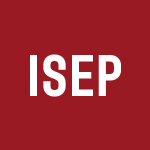
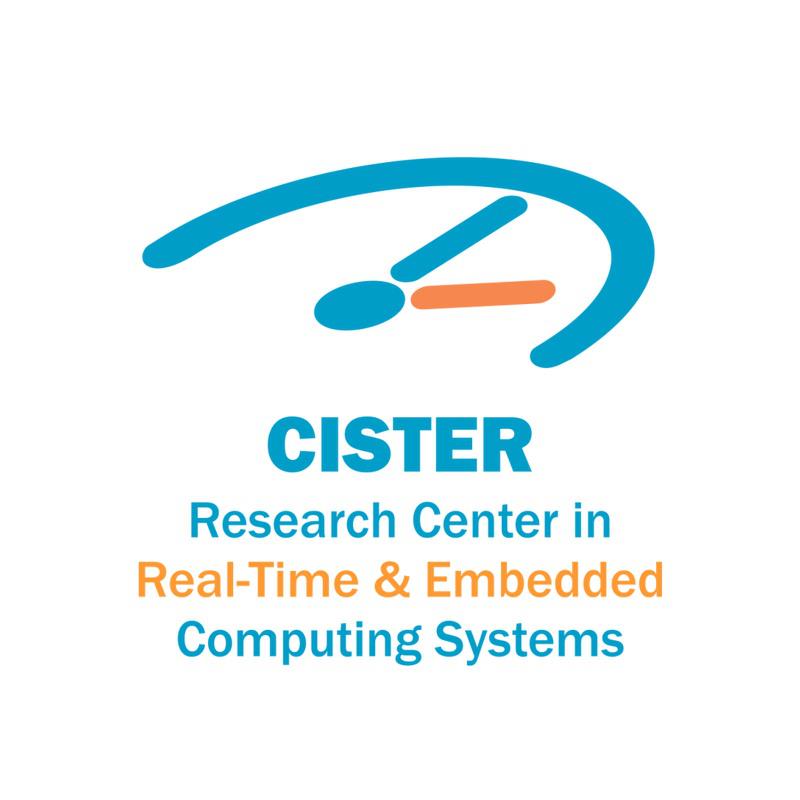
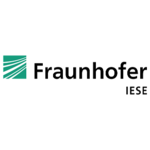
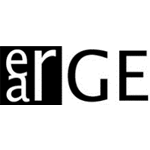

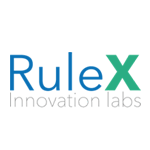

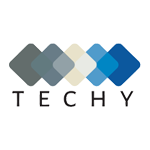



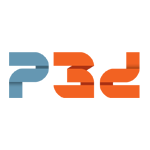


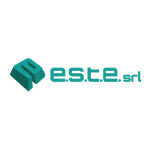
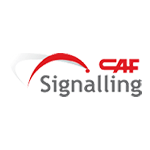
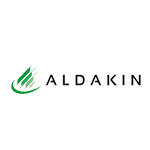


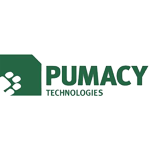

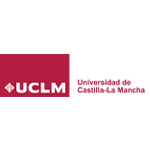
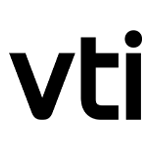
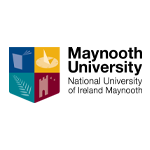
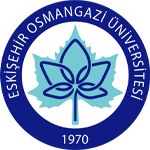

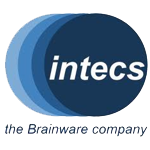

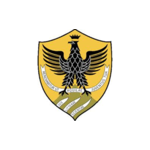

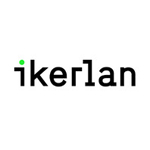

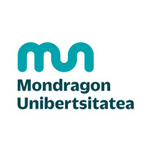

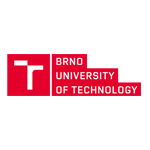
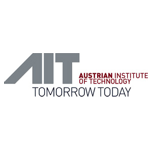
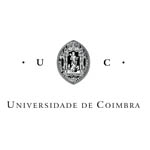
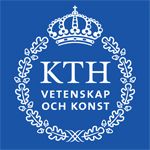


 PDF
PDF